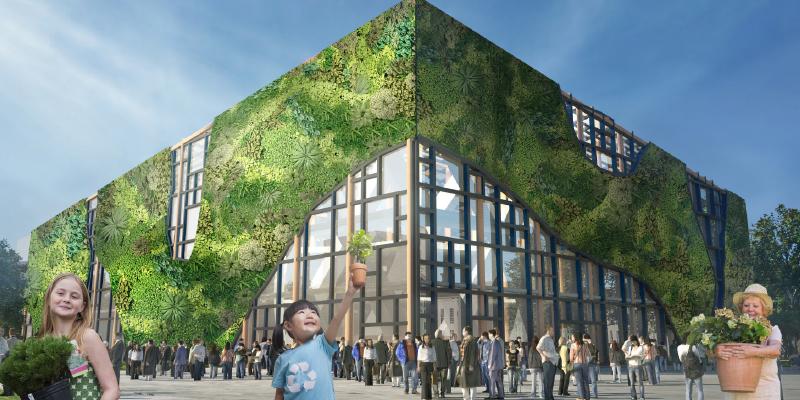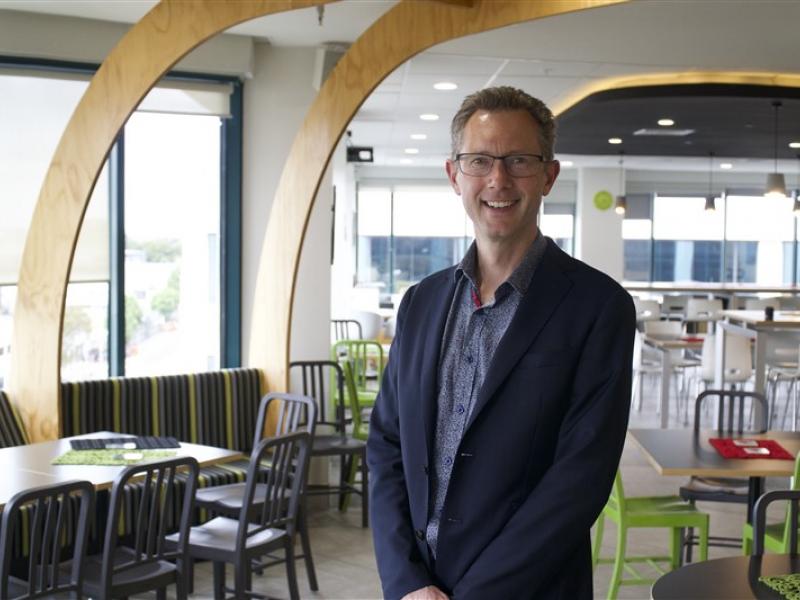At the recent ArchEngBuild competition,
30 top architecture, engineering and construction management students from around the country showed that the future of New Zealand’s building and construction industry is in good hands.
In multi-disciplinary teams of three, competitors in the BRANZ-supported event in Christchurch last month designed solutions to a critical industry issue in just three days.
This year the competition brief was to facilitate a zero-carbon city through buildings that have a low environmental impact and promote zero-carbon building, design and use.
Teams were encouraged to consider all aspects for the fictional concept including:
• Collaboration – an inspired and constructive team environment.
• Research – being well-informed of environmental issues and existing research.
• Professionalism – understanding which information is essential to make their idea understood and stand out.
• Design and construction – functional, beneficial, innovative, durable, appealing, use of private and public space, location, access, health and safety, consent issues.
• Affordability and costs.
• Usability and community acceptance.
• Impact of their design concept on the local environment.
BRANZ CEO Chelydra Percy says the initiative nurtures collaboration and innovation at the very beginning of students’ careers.
“They come away with skills and a deeper understanding of each other’s expertise that help build the capability we need to meet the significant challenges facing our industry. This ultimately benefits all New Zealanders.”
For many competitors, it was the first time they had worked with practitioners from other disciplines. Experienced industry professionals were also on hand to help, creating an opportunity to share expertise and build relationships across the sector.
A team of Auckland students – architectural designer, Ziyi (Jacky) Zheng and engineer Jiahui (Tony) Wang from Auckland University and construction manager Luke Thompson from Unitec – won the competition with their design for a zero-carbon urban garden and community centre.
The team said their focus was on using resources and technology available now while having ‘ready spaces’ for future technology so adaption is as easy and cheap as possible.
“We hope this building is something that the community would be proud of as much as we are proud of designing it.”
Minister of Research, Science and Innovation, Hon Megan Woods, who presented the winners with their award, commented on the similarity between the building industry’s requirement for multi-disciplinary cooperation and collaboration and the approach required by participants.
“Bringing together New Zealand’s combined excellence in engineering, design and technology to achieve better outcomes for society, for the environment, and ultimately the economy, is a worthy project.”






